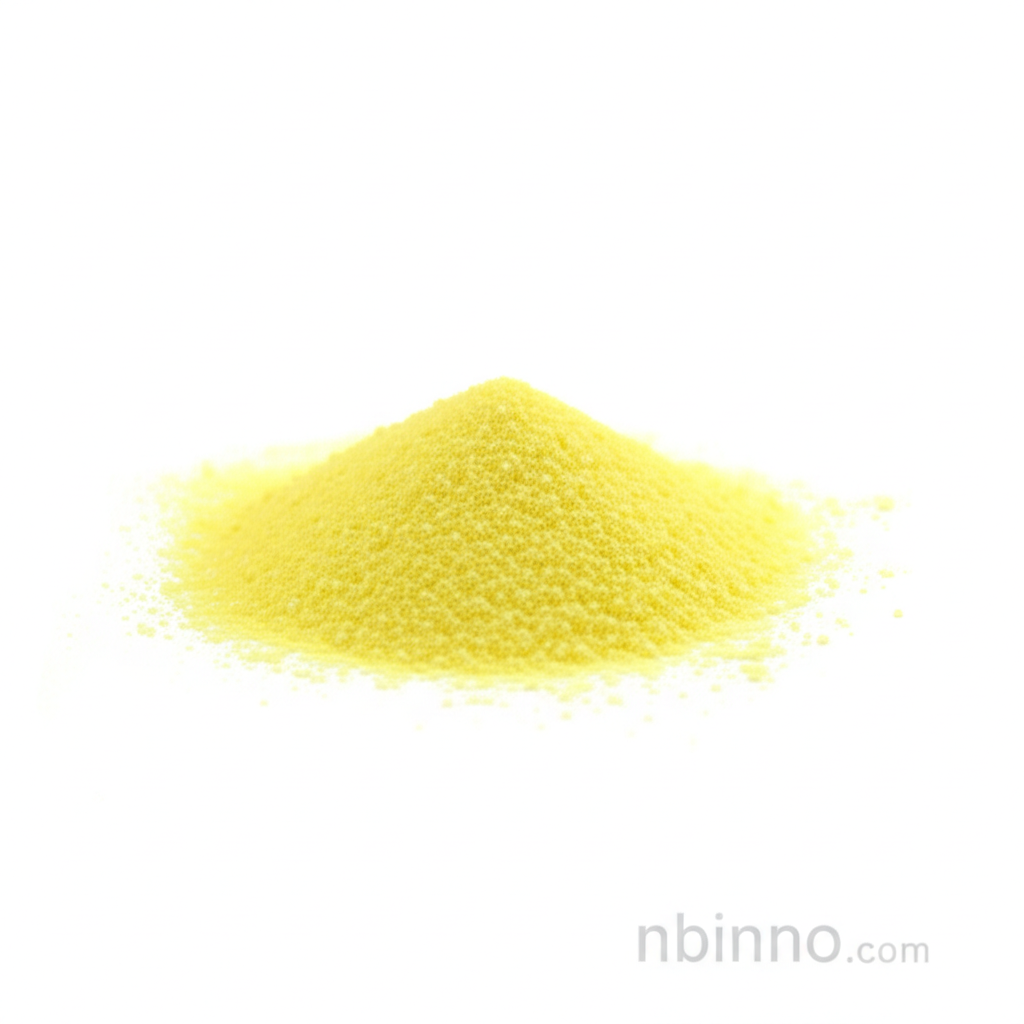1,1'-Thiocarbonyldiimidazole (TCDI): A Versatile Reagent in Organic Synthesis and Materials Science
Discover the power of TCDI, a key thiocarbonyl transfer agent revolutionizing chemical synthesis and material innovation.
Get a Quote & SampleProduct Core Value

Thiocarbonyldiimidazole
1,1'-Thiocarbonyldiimidazole (TCDI) stands as a critical thiocarbonyl transfer reagent, celebrated for its efficacy and role as a safer substitute for highly toxic reagents like thiophosgene. Its structural resemblance to carbonyldiimidazole (CDI) allows for analogous reactivity, making it indispensable in various chemical transformations.
- A key reagent in the Corey-Winter olefin synthesis, enabling the stereospecific conversion of vicinal diols to alkenes through a cyclic thionocarbonate intermediate.
- Facilitates the Barton-McCombie deoxygenation of alcohols, converting hydroxyl groups into alkanes via a thiocarbonyl derivative.
- Essential in biochemical synthesis for peptide coupling and protecting group strategies, similar to its oxygen analog, CDI.
- Acts as a precursor for synthesizing Reversible Addition-Fragmentation chain Transfer (RAFT) polymerization chain transfer agents (CTAs), crucial for controlled polymer synthesis.
Advantages Offered by TCDI
Enhanced Safety Profile
As a safer alternative to thiophosgene, TCDI significantly reduces handling risks in thiocarbonyl transfer reactions, improving laboratory safety for chemists employing this vital reagent.
Versatile Reactivity
TCDI's thiocarbonyl group exhibits unique reactivity, enabling a broad spectrum of reactions from olefin synthesis to the creation of advanced materials with controlled properties.
Enabling Advanced Materials
The utility of TCDI extends to advanced materials science, particularly in synthesizing degradable polymers and interactive hydrogels, contributing to sustainable and biomedical applications.
Key Applications
Organic Synthesis Methodologies
TCDI is a cornerstone in several organic synthesis methodologies, including the Corey-Winter olefin synthesis and Barton-McCombie deoxygenation, providing efficient routes to complex molecules.
Biochemical Synthesis
In biochemical synthesis, TCDI is utilized for peptide coupling and as a protecting agent, playing a vital role in the construction and modification of biomolecules.
Materials Science Advancements
Its application in synthesizing RAFT agents and degradable polymers underscores TCDI's importance in creating novel materials with tunable properties and enhanced environmental compatibility.
Analytical Chemistry Techniques
TCDI serves as a crucial derivatizing agent in analytical chemistry, enhancing the detection sensitivity and chromatographic separation of analytes in complex matrices.
